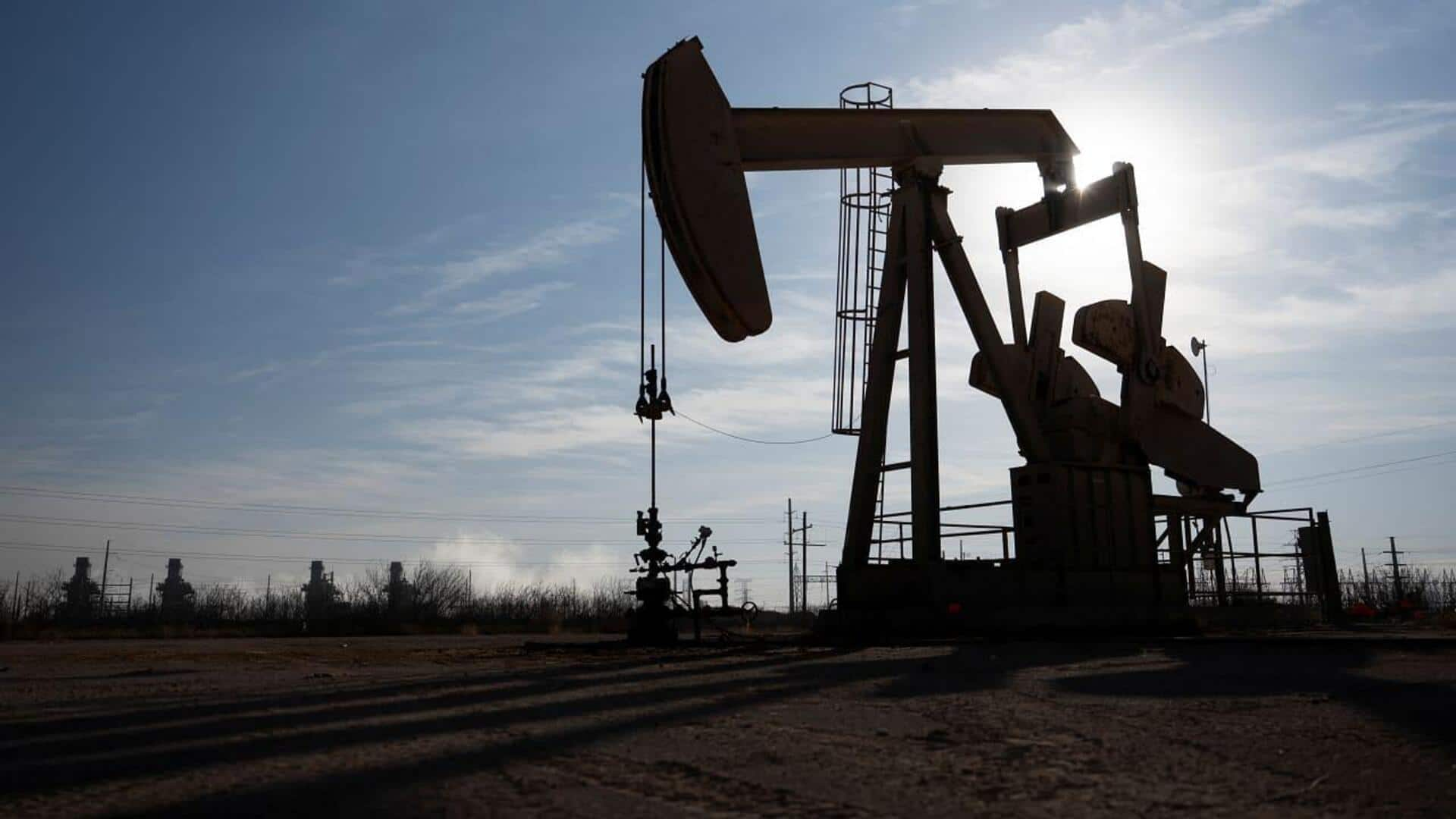
Why India has ramped up oil imports from Russia, US
What's the story
India has ramped up its oil imports from Russia and the United States in June. The increase comes amid market volatility following Israel's attack on Iran. According to data from global trade analytics firm Kpler, Indian refiners are tipped to import 2-2.2 million barrels per day of Russian crude oil this month. This is the highest volume in two years and surpasses total purchases from Iraq, Saudi Arabia, UAE and Kuwait combined.
Import surge
Imports from US surge to 439,000 barrels per day
Along with Russian crude, India's oil imports from the US have also surged to 439,000 barrels per day in June. This is a major jump from the 280,000 barrels per day imported last month. Full-month import estimates from the Middle East are around two million barrels per day—lower than last month's purchases.
Strategic shift
Shift toward Russian oil post Ukraine invasion
India, the world's third-biggest oil importer and consumer, has traditionally sourced its crude from the Middle East. However, after Russia's invasion of Ukraine in February 2022, India began importing a large volume of Russian oil. The move was largely due to Western sanctions on Russia and some European countries avoiding purchases, making Russian crude significantly cheaper than other international sources.
Import increase
Imports from Russia account for 40-44% of total crude
As a result of these factors, India's imports of Russian oil skyrocketed from less than 1% of total crude oil imports to around 40-44% in no time. Despite the ongoing conflict in the Middle East, oil supplies have not been affected so far. However, vessel activity suggests a decline in crude loadings from the Middle East in coming days.
Supply concerns
Full blockade of Strait of Hormuz unlikely
The Strait of Hormuz, a major oil export route, has been at the center of supply concerns amid rising tensions. India imports nearly 40% of its oil and half its gas through this narrow strait. However, Kpler's analysis suggests a full blockade is highly unlikely due to strong disincentives for Iran such as China's reliance on Middle Eastern Gulf for crude imports.